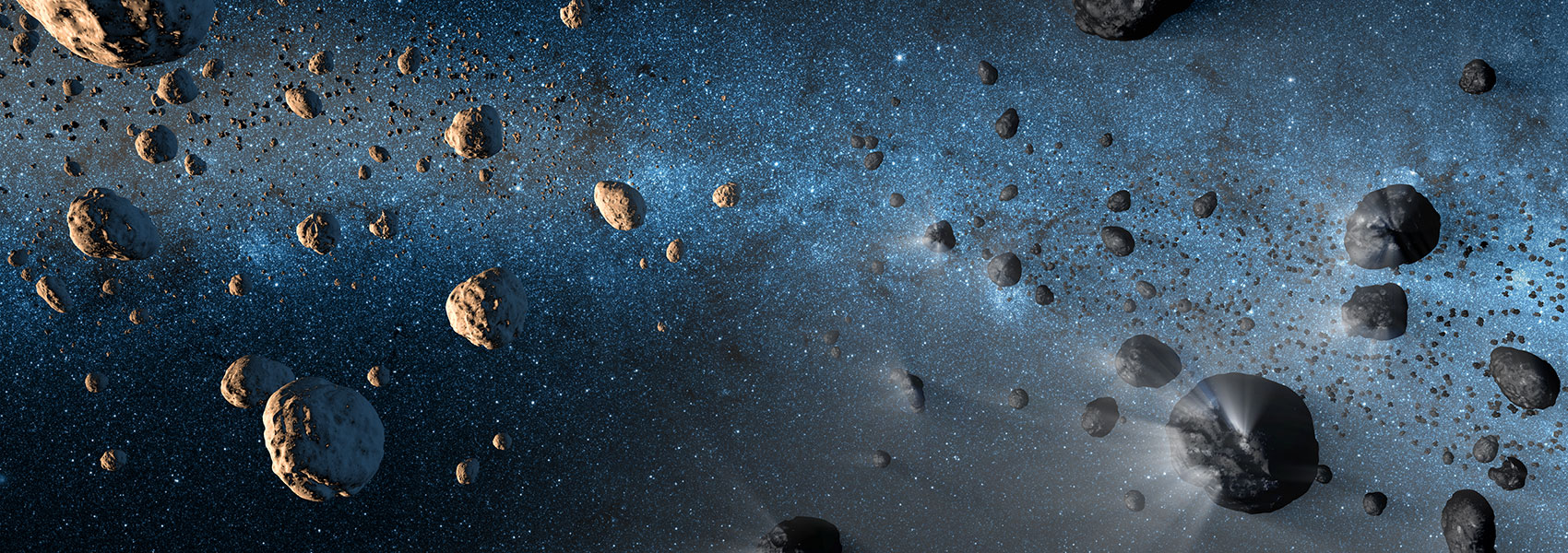
NASA Funds Open-Source Software Underpinning Scientific Innovation

Adapted from a October 24, 2024 NASA release
NASA has awarded $15.6 million in grant funding to 15 projects supporting the maintenance of open-source tools, frameworks, and libraries used by the NASA science community, for the benefit of all. IPAC Software Developer Brigitta Sipőcz led a proposal titled "Enhancement of Infrastructure and Sustained Maintenance of Astroquery” that received a Foundation award.
The agency’s Open-Source Tools, Frameworks, and Libraries awards provide support for the sustainable development of tools freely available to everyone and critical for the goals of the agency’s Science Mission Directorate.
“We received almost twice the number of proposals this year than we had in the previous call,” said Steve Crawford, program executive, Open Science implementation, Office of the Chief Science Data Officer, NASA Headquarters in Washington. “The NASA science community’s excitement for this program demonstrates the need for sustained support and maintenance of open-source software. These projects are integral to our missions, critical to our data infrastructure, underpin machine learning and data science tools, and are used by our researchers, every day, to advance science that protects our planet and broadens our understanding of the universe.”
This award program is one of several cross-divisional opportunities at NASA focused on advancing open science practices. The grants are funded by NASA’s Office of the Chief Science Data Officer through the agency’s Research Opportunities for Space and Earth Science. The solicitation sought proposals through two types of awards:
- Foundational awards: cooperative agreements for up to five years for open-source tools, frameworks, and libraries that have a significant impact on two or more divisions of the Science Mission Directorate.
- Sustainment awards: grants or cooperative agreements of up to three years for open-source tools, frameworks, and libraries that have significant impact in one or more divisions of the Science Mission Directorate.
2024 awardees
Foundation awards:
-
NASA’s Ames Research Center, Silicon Valley, California
- Principal investigator: Ross Beyer
- “Expanding and Maintaining the Ames Stereo Pipeline”
-
Caltech / IPAC, Pasadena, California
- Principal investigator: Brigitta Sipőcz
- “Enhancement of Infrastructure and Sustained Maintenance of Astroquery”
-
Cornell University, Scarsdale, New York
- Principal investigator: Ramin Zabih
- “Modernize and Expand arXiv’s Essential Infrastructure”
-
NASA’s Goddard Space Flight Center, Greenbelt, Maryland
- Principal investigator: D. Cooley
- “Enabling SMD Science Using the General Mission Analysis Tool”
-
NumFOCUS, Austin, Texas
- Principal investigator: Thomas Caswell
- “Sustainment of Matplotlib and Cartopy”
-
NumFOCUS
- Principal investigator: Erik Tollerud
- “Investing in the Astropy Project to Enable Research and Education in Astronomy”
For information about open science at NASA, visit:
- Date: October 24th, 2024
- Category: IPAC News
- View Image


